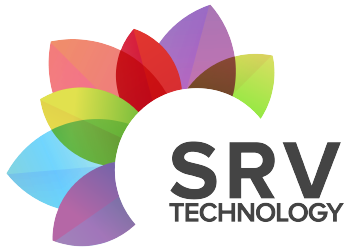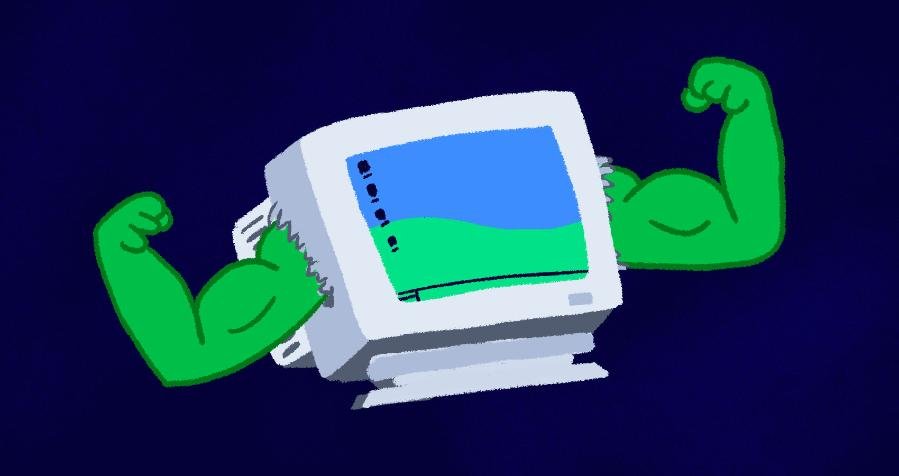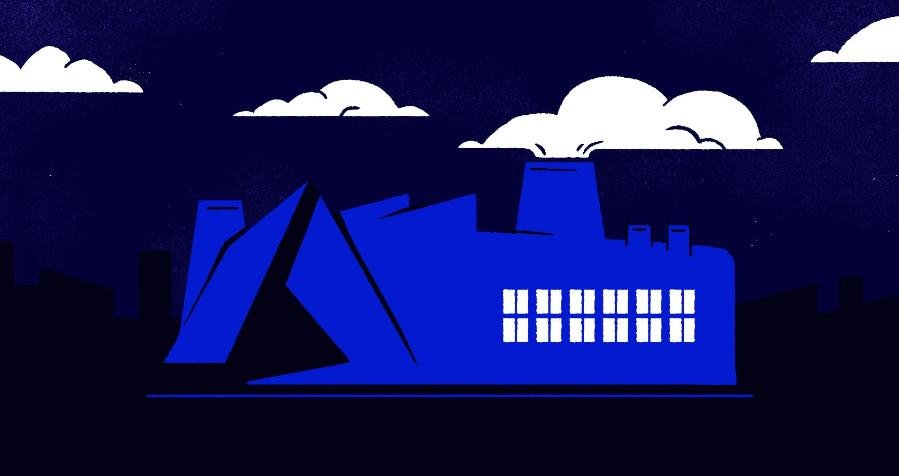Discover the team behind Flow! Join our new series where we chat with Flow's impressive builders, marketers, and salespeople. Learn about their career journeys, passions, and daily routines. First up, meet David Farah, Field CTO for Pluralsight Flow.
Not to brag, but we have a fantastic team at Flow. From the builders to the marketers and salespeople, our team is pretty impressive. But instead of just saying it, let's show it. In this new series, we're chatting with some of the team behind Flow to learn more about their career journeys, passions, and what an average day looks like for them. Join us as we dive into the stories of the people who make Flow, well, flow.
For our inaugural post, we’re chatting with David Farah, Field CTO for Pluralsight Flow.

1. Who are you, and what do you do?
David Farah - Field CTO. In short, I work with our customers to show them how to get the most value out of our platform. I work with them on different strategies and approaches to driving change in their organization based on my experience with my teams and our other Flow customers.
2. What’s been your career journey?
I have had the great fortune to work with a deeply diverse range of people, technology, and businesses that set me up for where I am. I was actually a finance major in college and then worked as a GA for an info sys course when I was getting my MBA. That led me to an internship with the team at BNY Mellon doing the planning and budgeting for the whole technology organization. I then joined that team to improve the software product itself.
From there I had multiple roles across technology in BNY Mellon including running the developer campus hiring and training program, working in infrastructure to improve the compute hosting platform, leading cloud strategy, running an IaaS and PaaS portfolio, Technology strategy overall, and finally leading the DevOps transformation which grew into an all encompassing Agile and DevOps transformation.
3. Describe a day in your life using only emojis.
🐶🏋️🚿🗓️📊📈📊📈📊📈📊📈🥙🧽🎮💤
4. In your opinion, what makes Flow, flow?
Objective Insights at your fingertips. It makes it easy to eliminate bias and have more productive conversations. There are so many excellent views into the development process that without having to do anything extra. Then you can click in from there in multiple ways to figure out what kind of changes you need to make to support your teams or celebrate wins.

5. If Flow were a band or musical artist, who would Flow be? Any specific song by them?
I’m not sure I can answer this with only one! Between the different aspects of our product, our teams, and even our customers I think I would need a whole playlist to represent the diversity and awesomeness of Flow.
6. What do you think are the biggest challenges in software engineering today?
It depends if you’re talking about from a product angle or a technology angle. From a product perspective, I think it’s time and competition. In the last few years, building software has become much easier with the availability of quality cloud infrastructure and created a very crowded market. Multiple firms are delivering similar solutions and it makes it hard to stand out. Because of this, teams just never seem to have enough time to innovate and build to stay ahead of the competition.
From a technology perspective it does come back down to time, but I think from a different perspective. Product has to focus on what to prioritize, but engineers have to figure out the “how”. We “know” the best ways to deliver software, the trouble is what do we have time to put in place. If you just consider the flow of build > test > deploy, how many different tools and workflows are potentially a part of that? Without even going too deep I can think of 8. This is a huge challenge especially for smaller teams because the market continually demands more resilient technology which means that building things well is becoming more difficult and more expensive.
7. How do you foster innovation, inclusion, and creativity within your products and team?
I try to create an open and collaborative team culture where everyone feels they can contribute. I also make sure everyone has the space to speak up. Not everyone wants to speak out in meetings so sometimes it helps to switch it up and have whiteboarding sessions where everyone can contribute to the board. In a lot of ways, this in itself drives a lot of innovation and creatively because you get to leverage the diverse thoughts of your entire team. I also love solving problems and thinking big so I often try to frame up big problems/challenges/ideas then give the team the space to own the solution and break it down into parts that we can build.
8. Last question, can you give us your five word pep talk?
Don't wait, go for it

Flow T.
Our engineering transformation experts are here to help you and your team embrace The Flow transformation process by establishing a foundation, demonstrating impact, and strategically growing your team in the most effective and efficient way possible.
source: pluralsight.com





.jpg)




.jpg)